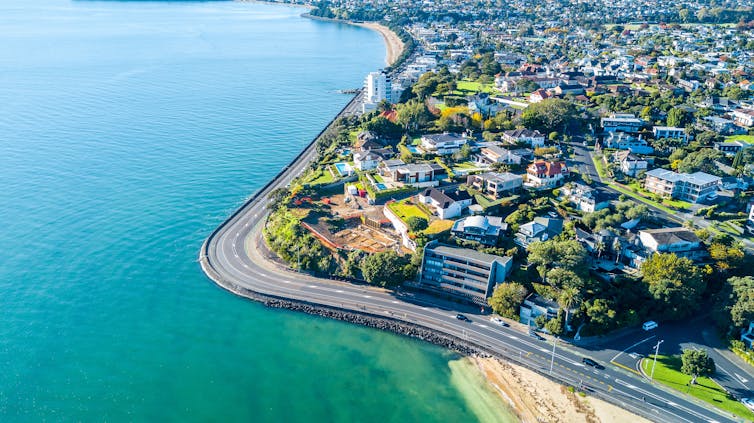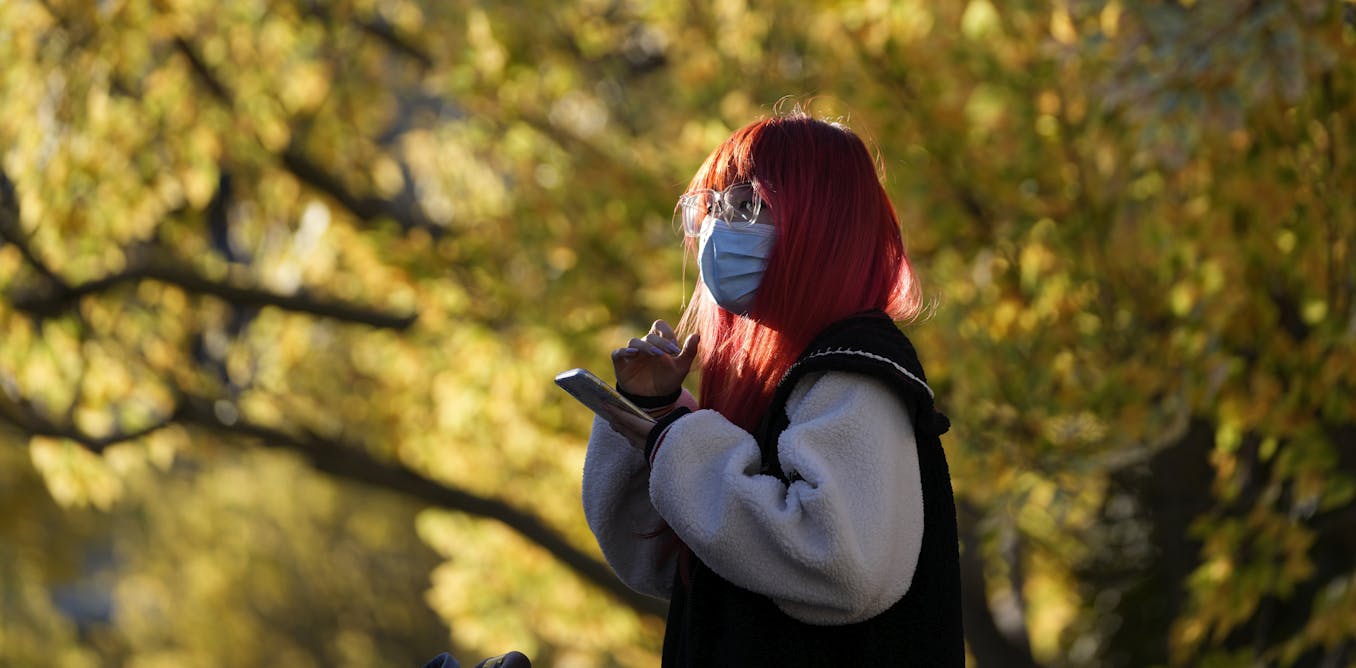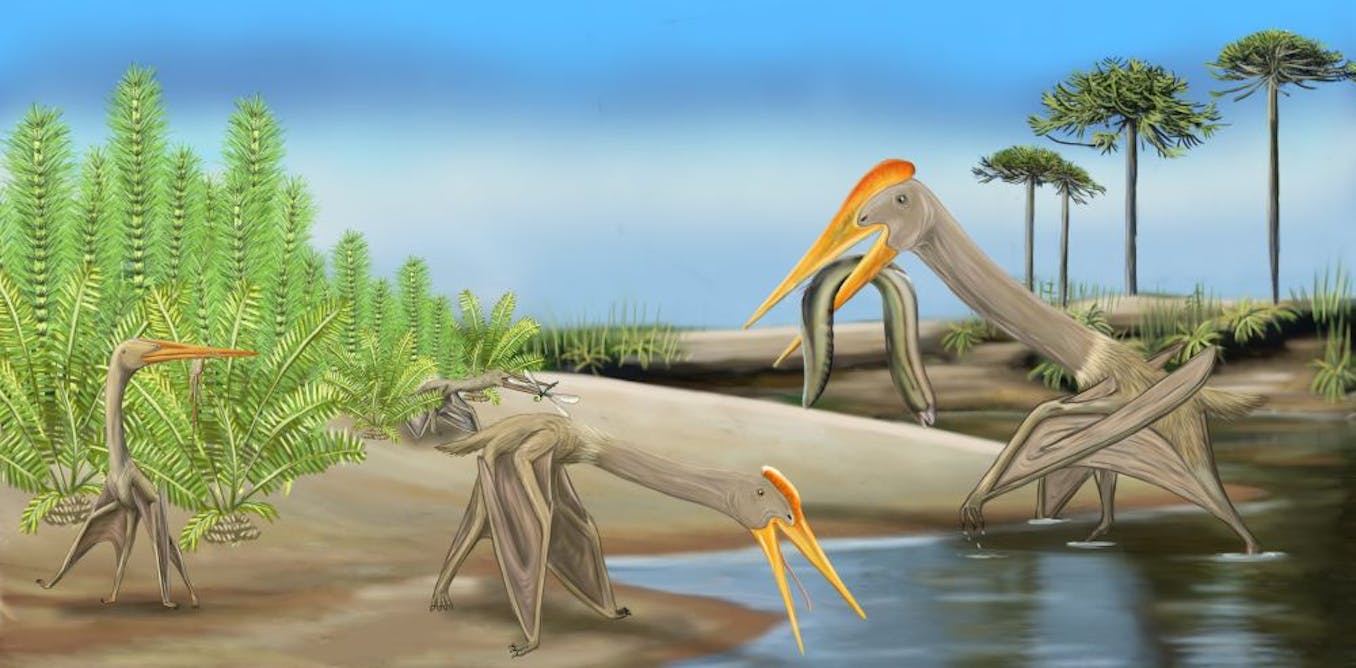Green space access is not equal in the UK – and the government isn't doing enough to change that
The promised £39 million is not enough to ‘level up’ park provision in the UK.
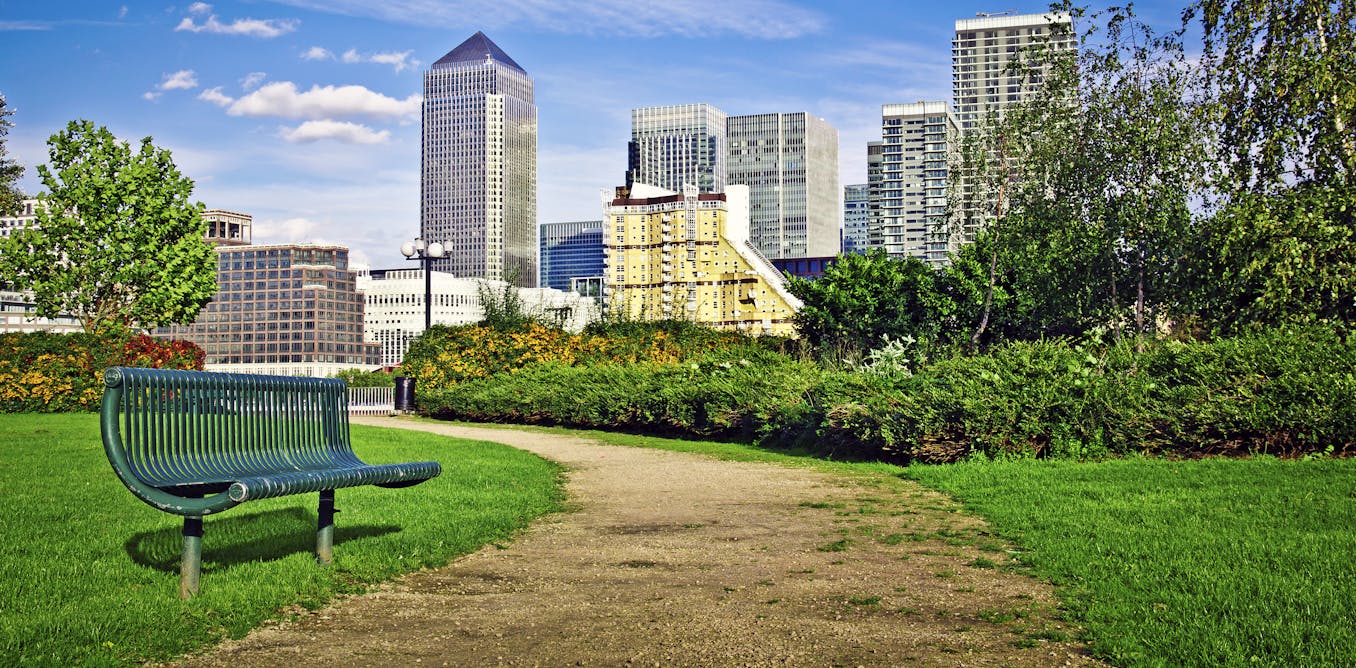
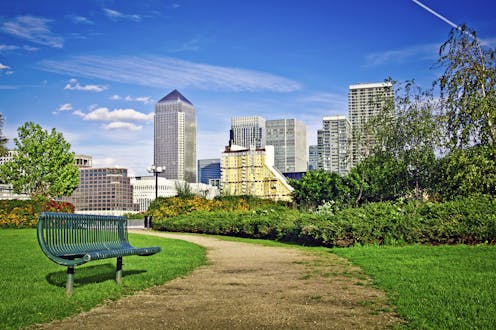
A growing gap in green space provision divides the UK according to recent research, with people in northern cities having access to fewer parks than their southern counterparts.
Nationwide, ethnically diverse communities and people living on low incomes are more likely to live in areas without accessible or high-quality wild places or parks, according to data from Natural England and the Office for National Statistics. These communities are more likely to suffer poorer health outcomes, with higher incidences of heart and lung disease, depression, diabetes and obesity.
To address this inequity, a coalition of environmental charities has called for equal access to nature to be enshrined in law. This echoes proposals for a legal right to nature, which have been discussed by the United Nations.
A legal right to nature will not guarantee everyone enjoys easier access, or even help anyone who wants to use green spaces however. Without sustained funding and proactive local planning, existing problems will persist, particularly in the most deprived areas.
So what’s the government doing to ensure everyone can enjoy the UK’s green spaces?

The government recently unveiled its white paper proposals for “levelling up” the UK country and reducing regional inequality. The plans dedicate £39 million to refurbish parks and green spaces across the UK.
This includes money to create 100 urban “pocket parks” on derelict land in communities with the least access to nature. The government’s proposals envision a future where people have greater access to wildlife and parks within a five- to ten-minute walking distance from home.
At first, £39 million sounds substantial. But it falls well short of reversing the drastic cuts to the finances of many local authorities by central government over a decade of austerity. Local councils are the primary landowners and managers of public parks in the UK. Newcastle City Council, for instance, had to slash its parks budget 91% from £2.58 million to £87,000 between 2010 and 2017.
The white paper proposes redistributing investment to north-west and north-east England, regions which have suffered chronic underfunding. But it fails to recognise the depth of problems facing the country’s parks and green spaces.
Swingeing cuts to council budgets and ensuing redundancies have created a shortage in workers with the relevant skills to maintain parks. And proposing capital refurbishment with minimal funding for long-term maintenance of these green spaces will not sustain a safe, accessible, and high-quality natural environment. Cutting the ribbon on a new park is just the start of the commitment, not the end.
Meanwhile, pressure from housing developers threatens to convert more green space into residential areas.
Access for whom?
Access is also not just about how far you live from a park. Feeling unsafe or unwelcome there can be just as significant. Young people, the elderly, women and girls, and people from ethnic minorities are more likely to experience verbal or physical harassment in public places. Simply creating a new park, or allowing access to an existing natural area, does not mean everyone will be able to use it.
People in dense urban areas are among the most isolated from nature. Investment in inner-city green space, as part of a concerted effort to meet the needs of all communities, would be a worthwhile endeavour.
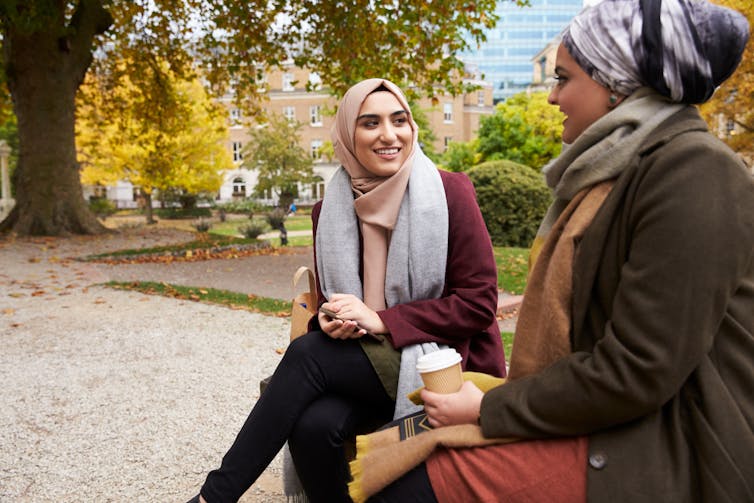
The government does offer communities the chance to nominate valuable places close to home for local green space designations. If approved, these areas would become subject to the same restrictions on development as green belt land. Community asset transfers even allow community groups or social enterprises to take ownership of green spaces from a public body.
Giving local people a bigger role in these matters is a positive step, but they may privilege people with the time and legal knowledge necessary to apply for such designations.
Sustained financial support would allow councils to plan strategically for long-term improvements to green spaces. On this front at least, there are reasons to be hopeful. The government finally appears to be reinvesting in, rather than decimating, park budgets, and is featuring parks and green spaces more prominently in national policy.
The recently passed Environment Act will include a legal requirement obliging new developments to boost local biodiversity by 10% and new planning tools to evaluate how green a new construction project is.
These measures support public health initiatives which recognise the importance of urban green space for wellbeing and cement the value of park spending in the public consciousness.
The government still has a long way to go to recuperate the shortfall in local authority park budgets, and is far from ensuring all UK residents have access to nature near where they live. But given the recent history, its levelling up proposals are a small step in the right direction.![]()
Meredith Whitten is a researcher in residence at Parks for London, a UK-based charity.
Ian Mell does not work for, consult, own shares in or receive funding from any company or organisation that would benefit from this article, and has disclosed no relevant affiliations beyond their academic appointment.
What's Your Reaction?
























